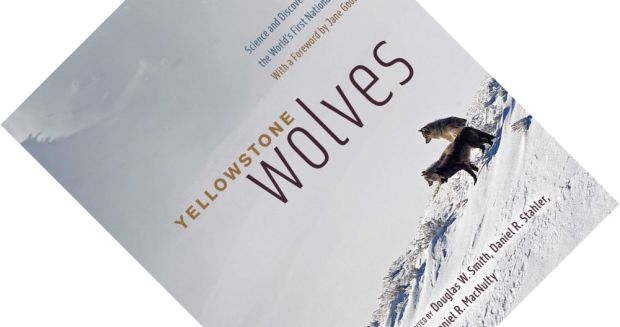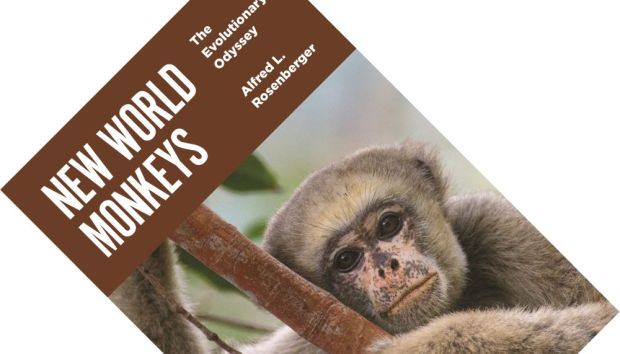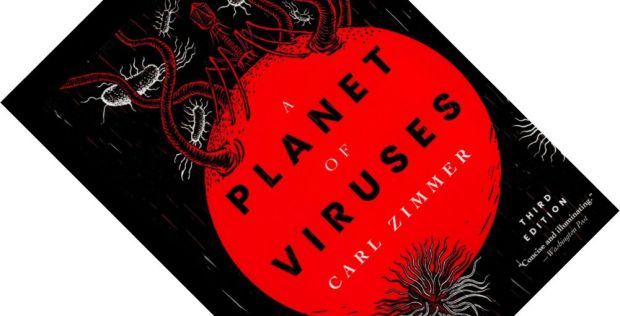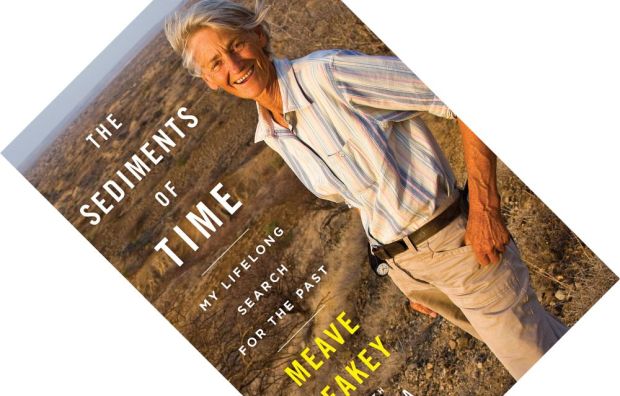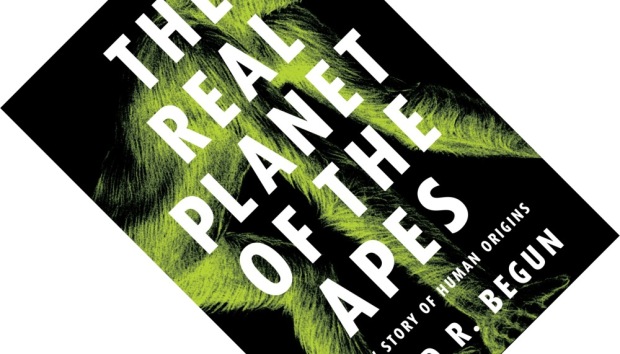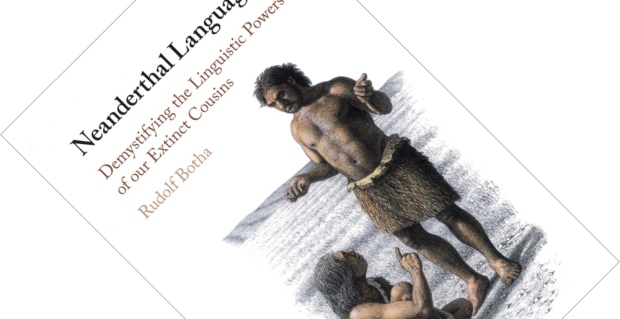6-minute read
You would think that science and monsters are strange bedfellows. And yet, there are plenty of science geeks, myself included, who get a good giggle out of pondering the science behind mythical beings and worlds. Clearly, somebody at the Royal Society of Chemistry has a similar sense of humour, for they have just published Vampirology. Here, chemist and science communicator Kathryn Harkup trains a scientific lens on the fanged fiend—not so much to ask whether vampires do or do not exist, but whether they could exist given our scientific understanding today.


